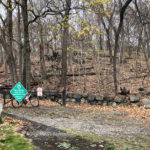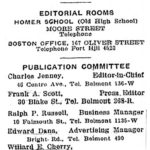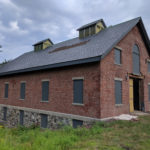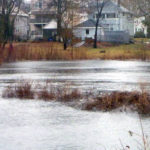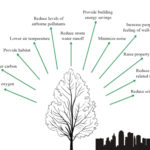
The complete May/June 2020 Belmont Citizens Forum Newsletter is available as a PDF. Read individual articles below. Lone Tree Hill Volunteer Day Postponed The volunteer day will be held in the fall, but we’d like to thank our sponsors now. Read more. Belmont’s Last Pandemic: the 1918 Flu The story of how Belmont responded is replete with both striking similarities to the 2020 coronavirus response and sharp differences. A weekly record of the influenza pandemic as it swept through Belmont in the fall of 1918 can be found in the pages of the Belmont Patriot. Read more. Cleaning Belmont’s Water Means More Work There [READ MORE]


